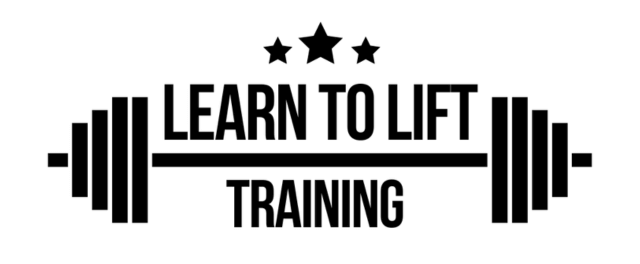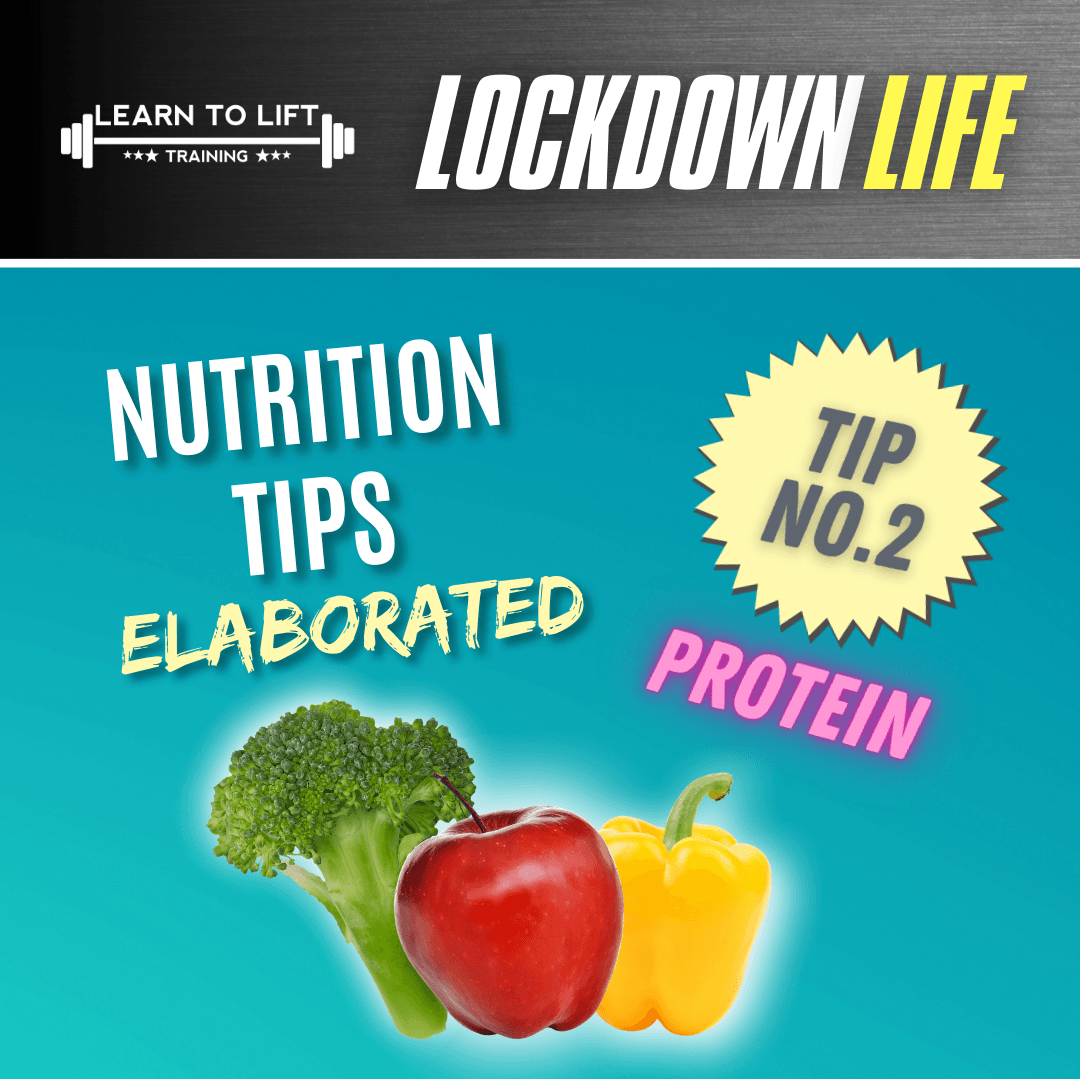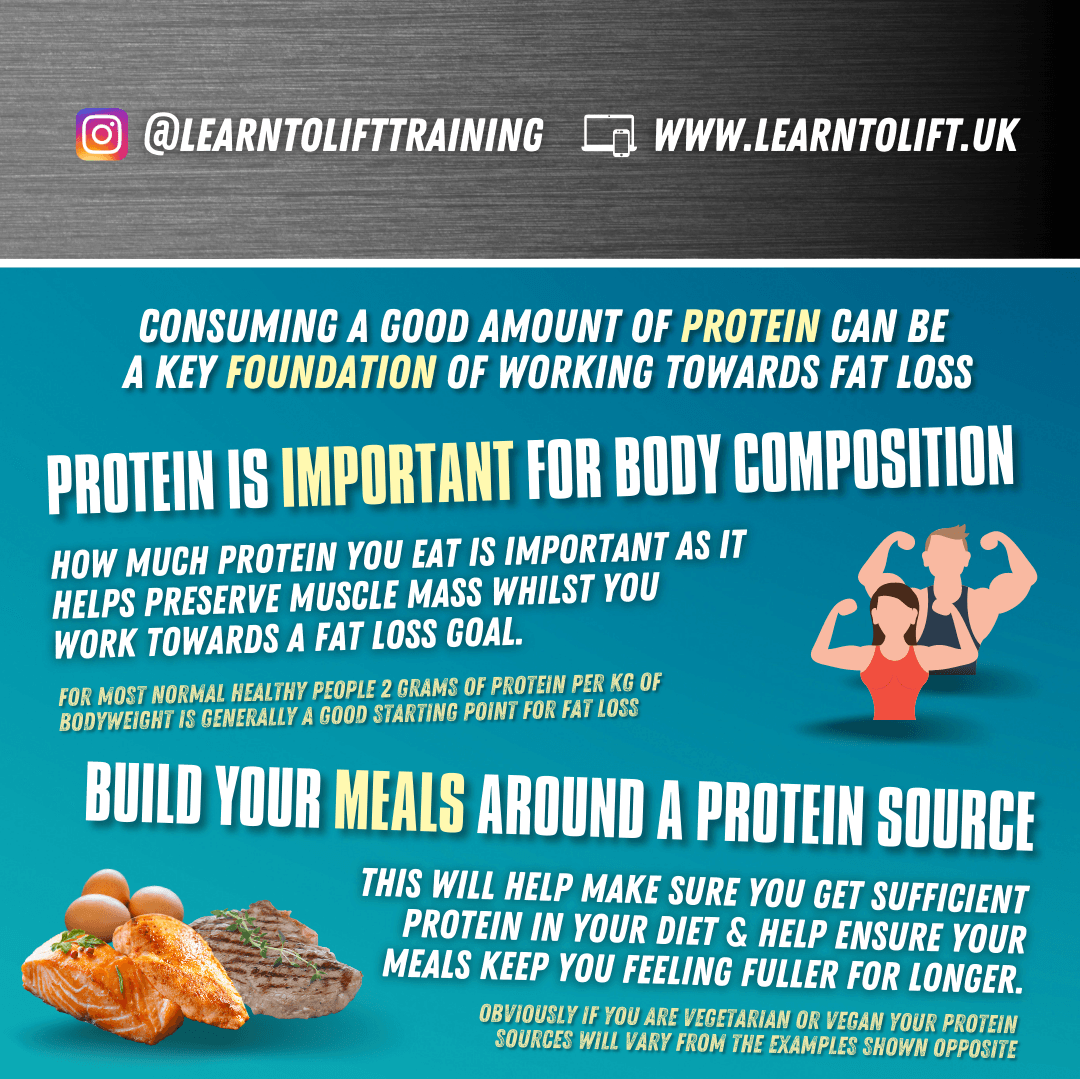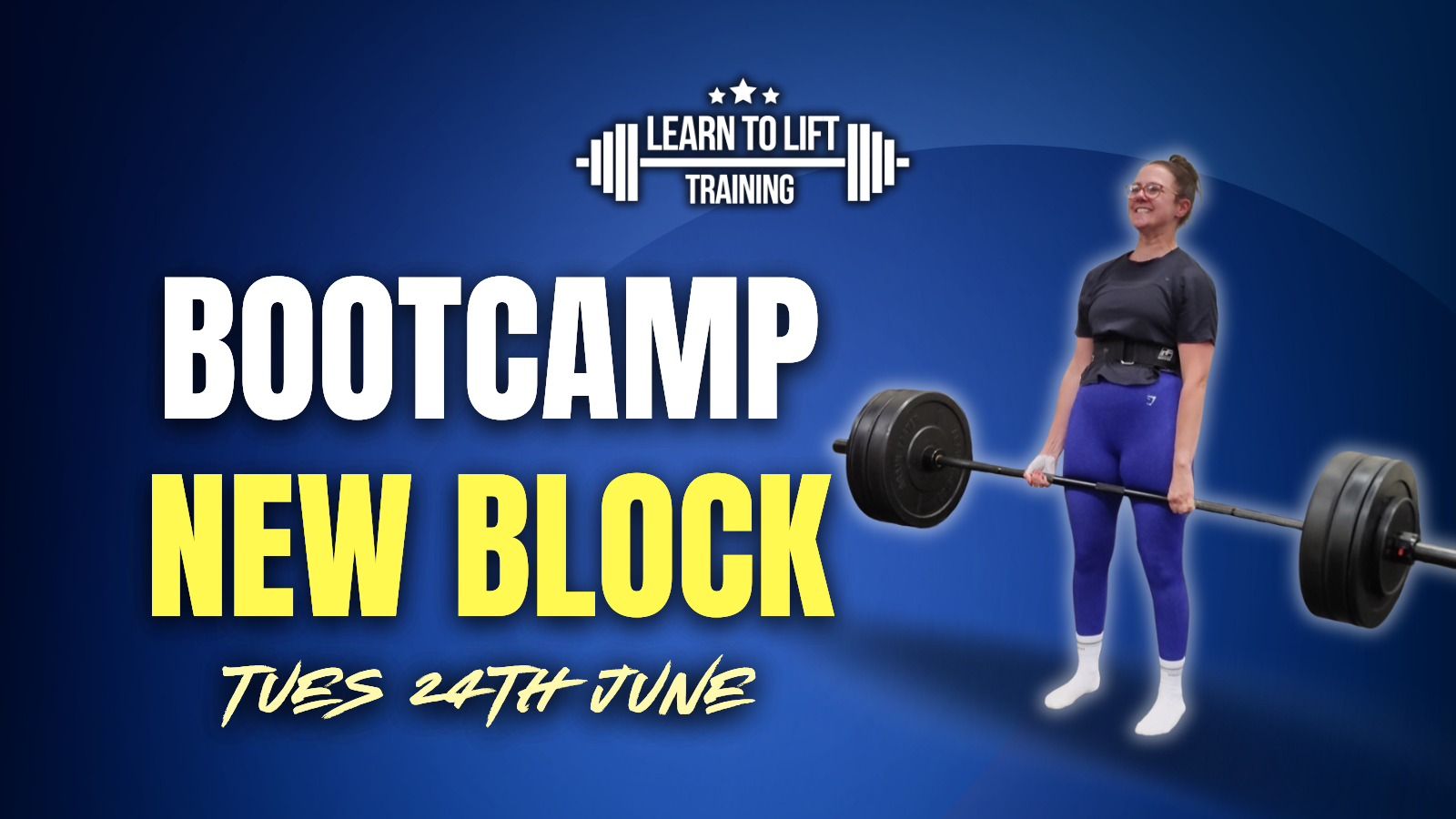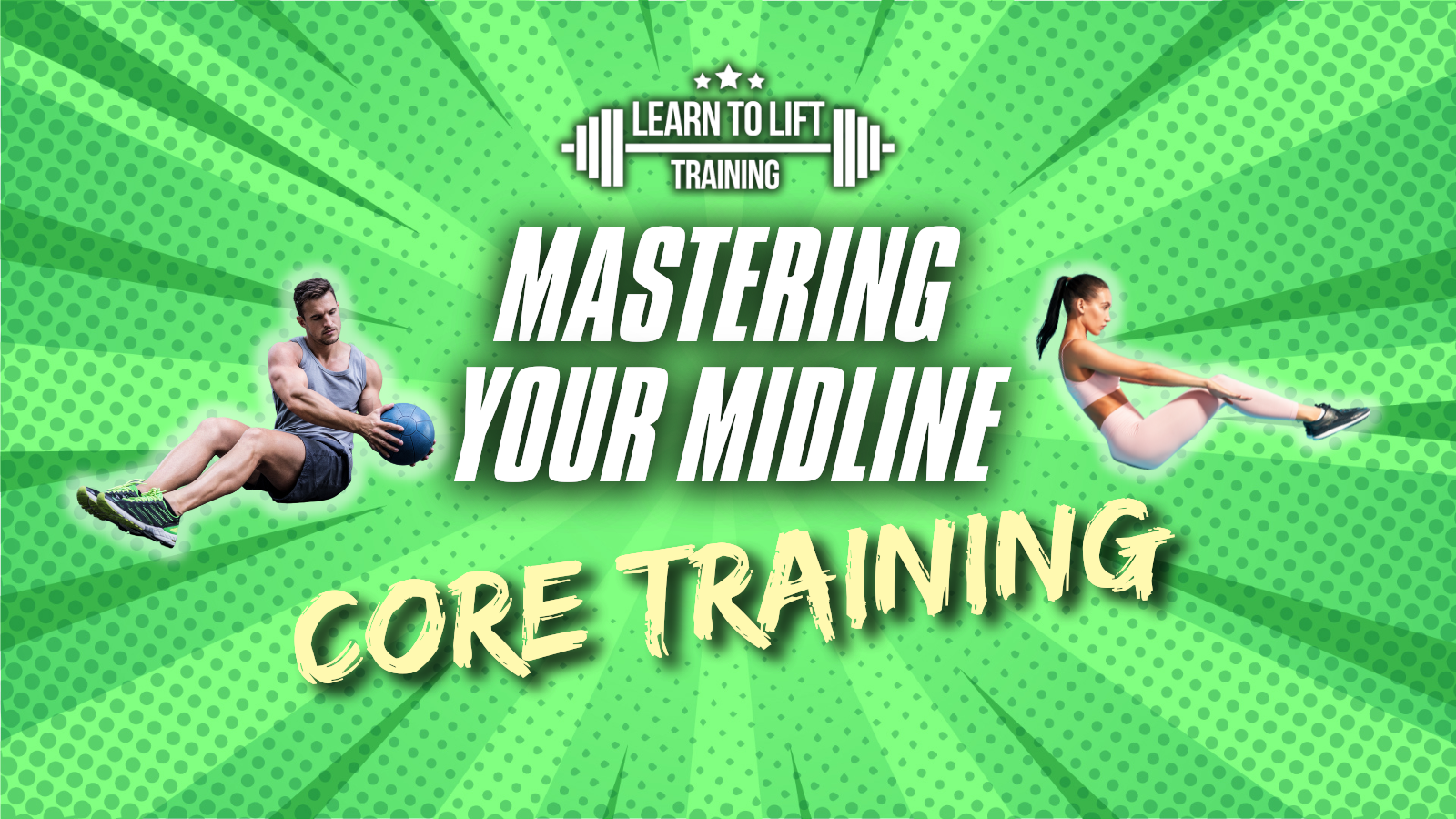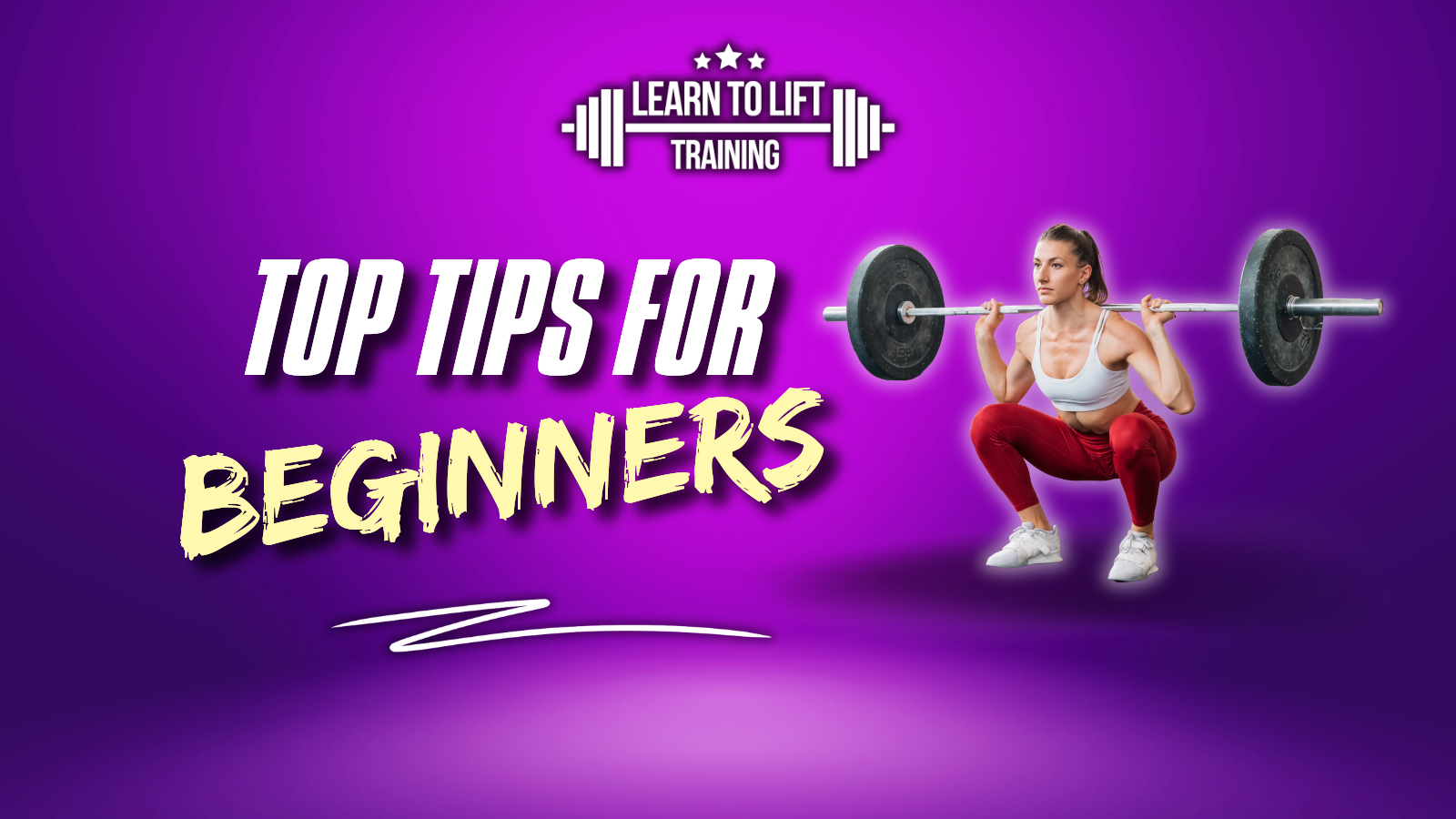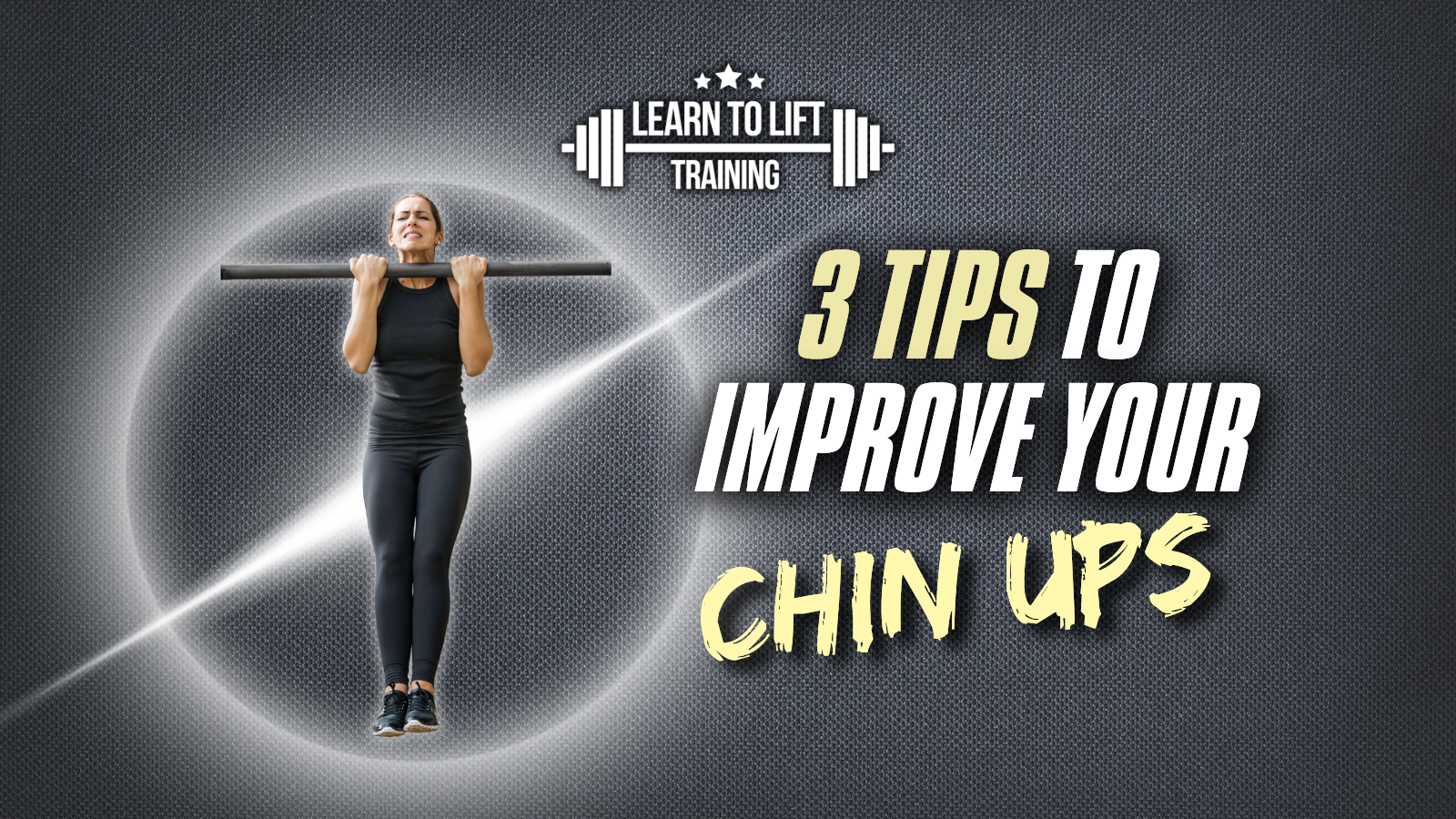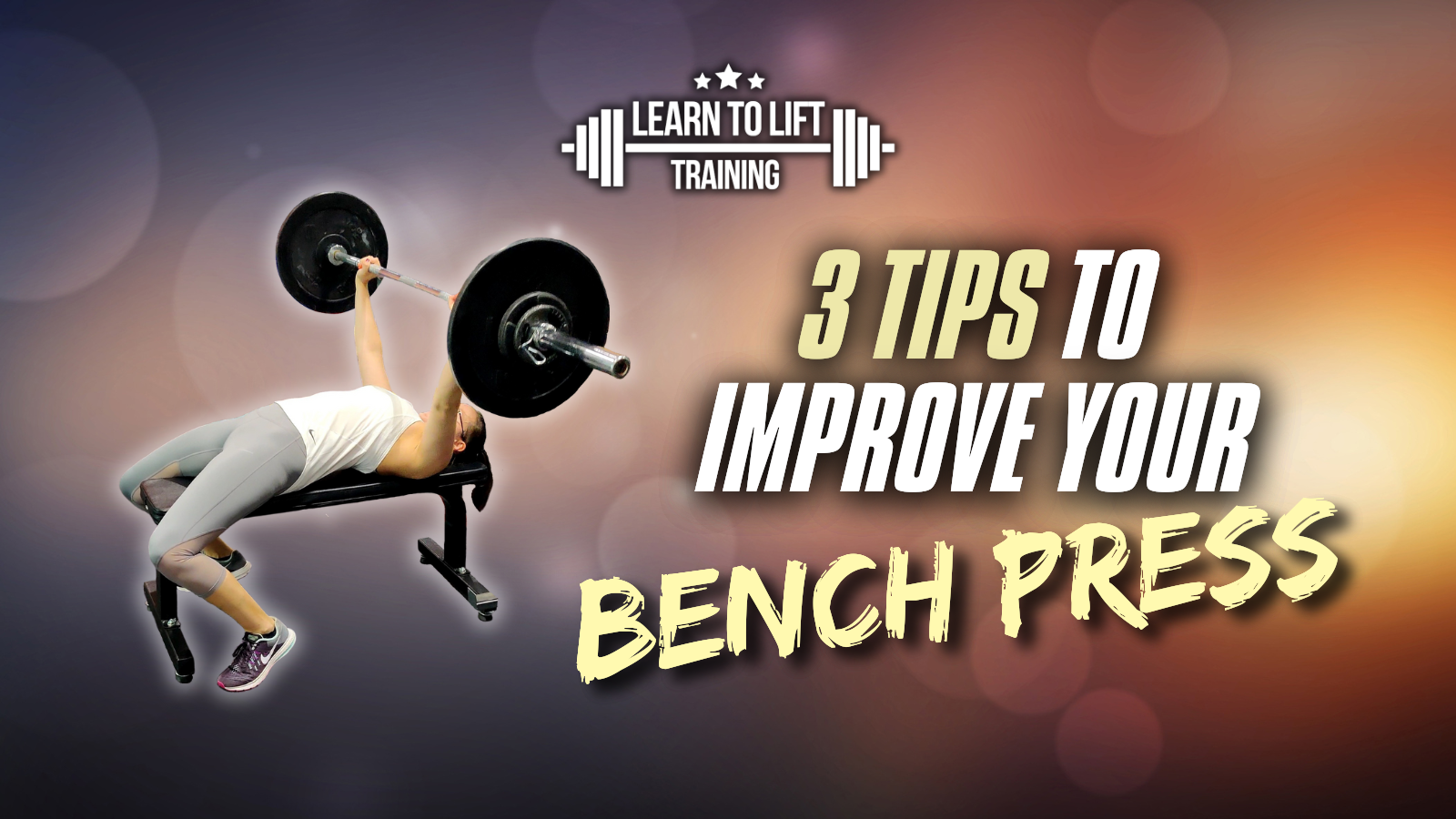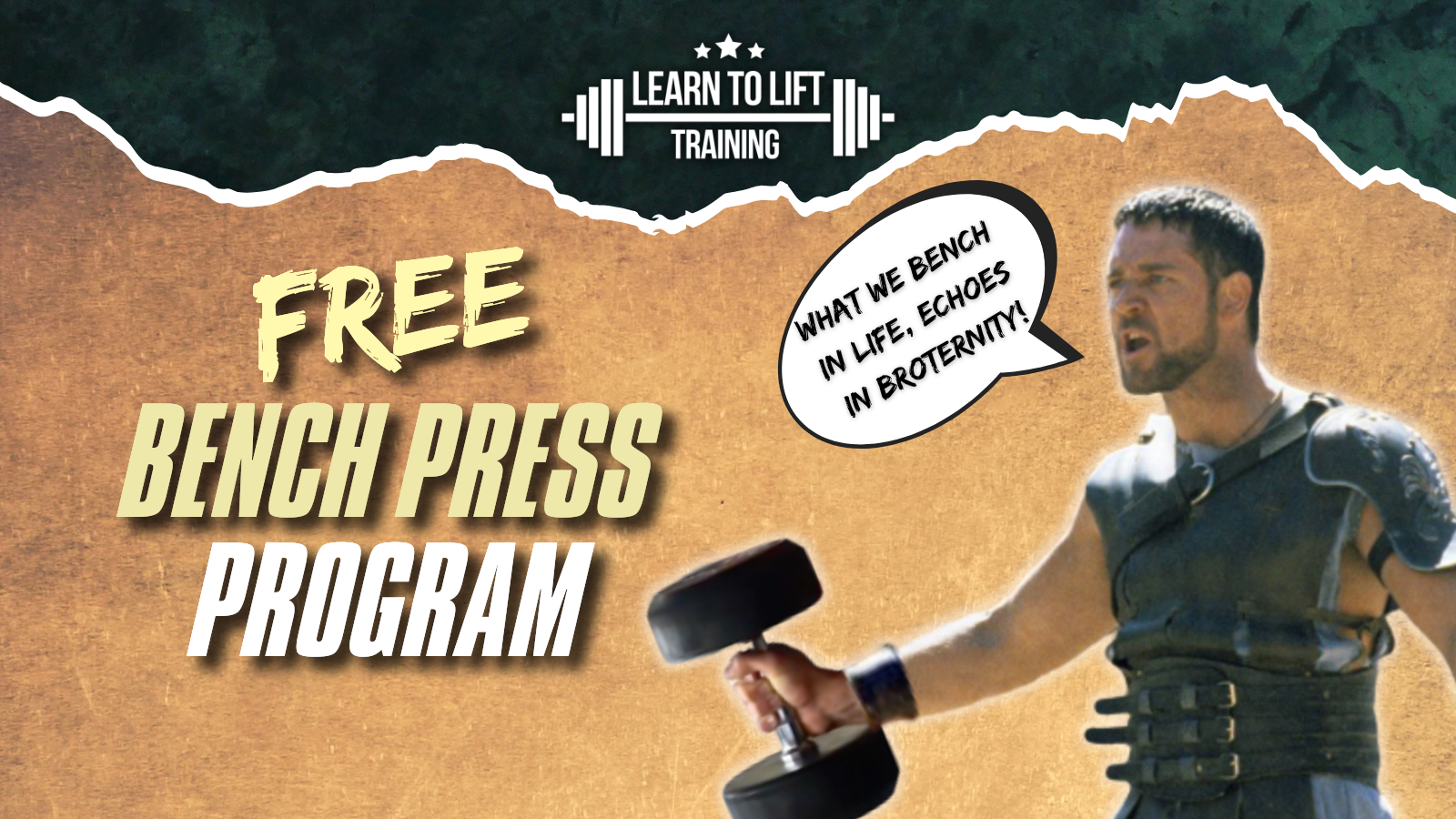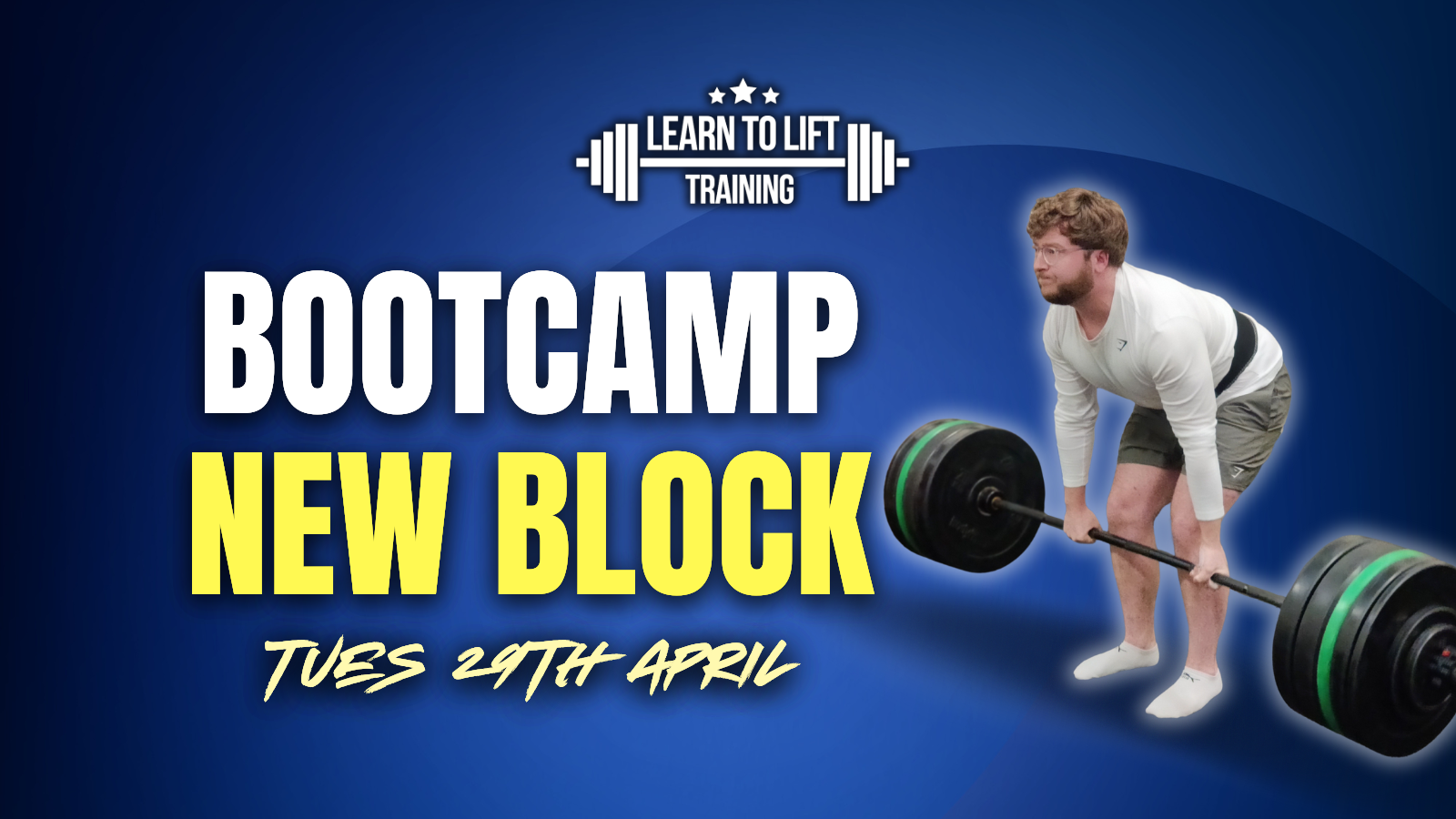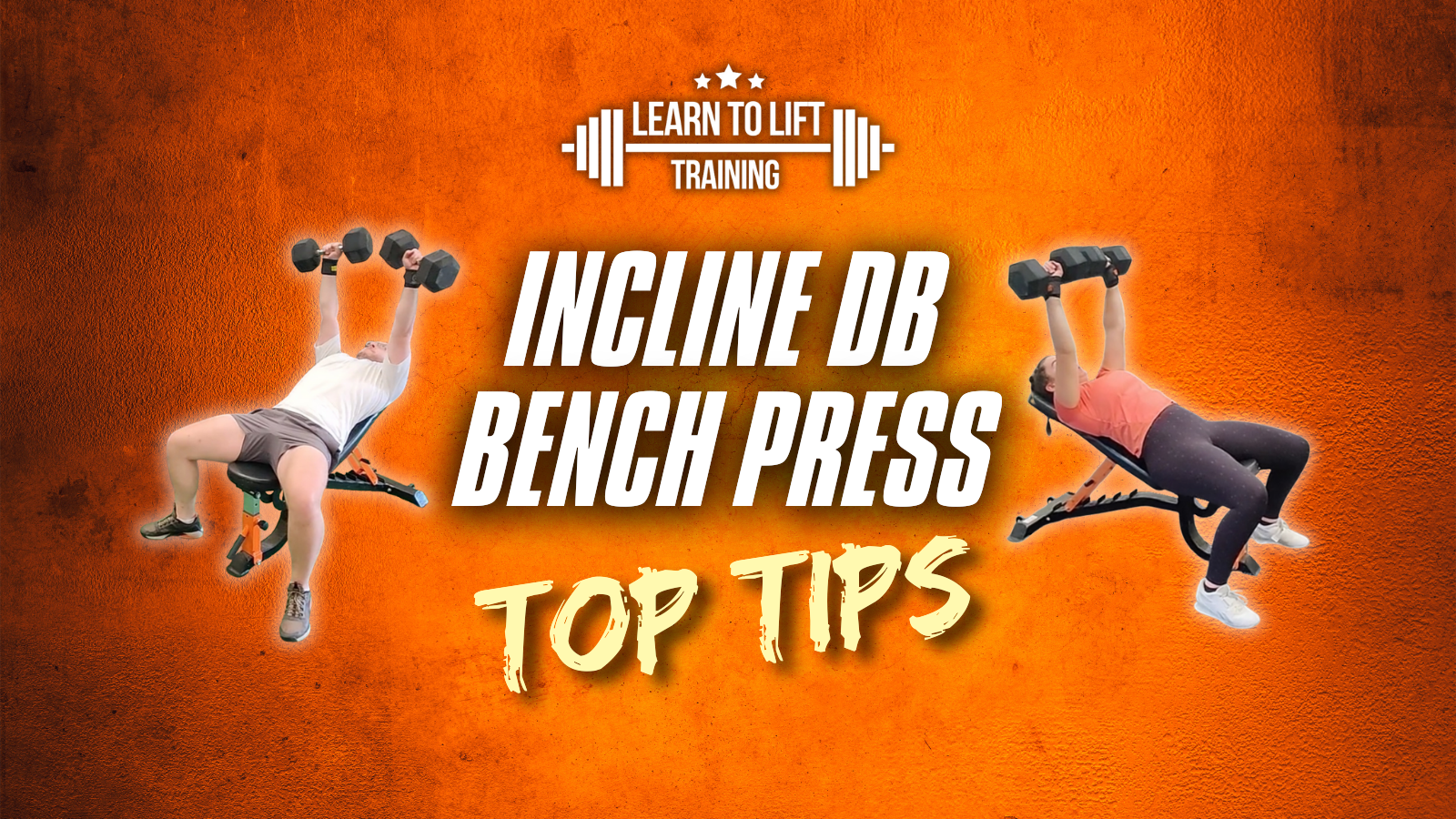Lockdown Life Nutrition Tips Elaborated - Protein
Lockdown Life Nutrition Tips Elaborated - Protein
Consuming a sufficient amount of protein can be another key foundation of successfully achieving a fat loss goal.
Protein is important for body composition
Two of the key reasons for this are:
🔹Protein is very satiating.
As discussed in our previous Nutrition Tips elaborated post this means that it helps keep you feeling fuller for longer, thus helping you control hunger, maintain a calorie deficit and shift your body composition by losing body fat.
🔹Protein intake helps preserve muscle mass.
When you are in a calorie deficit working towards a fat loss goal you can very easily lose a good chunk of muscle mass if you don't approach things correctly. Consuming sufficient amounts of protein helps prevent this from happening as much as possible (the other key ingredient in doing this is of course resistance training).
So how much protein should you eat?
A good starting point is 2 grams per kg of bodyweight per day. However, it is worth noting that some research indicates higher levels may be required. You may have heard a range of 2 to 2.8 grams per kg of bodyweight being quoted. The circumstances for the higher end of the range tend to be in more extreme circumstances, such as the latter phases of preparing for a bodybuilding competition (which frankly we have no interest in).
There are exceptions but in general our recommendation for most people remains 2 grams per kg per day.
The maths is obviously pretty simple on this one. For example, if you weigh 75 kg, aiming for a target of 150 grams of protein per day is most likely a good starting point.
Build your meals around a protein source
A good strategy to help ensure you consume a sufficient amount of protein is to build your meals around a good quality protein source.
This might mean steak, chicken breasts, turkey, bacon medallions, eggs, low fat percentage mince, high protein yogurt and many more. If you are vegetarian or vegan this may mean looking more towards grains, pulses and possibly even meat substitutes or supplements.
The other big plus of this strategy is of course the fact that it is in a strong starting point for making your meals very satiating and conveying all the benefits we discussed previously that this has.
Take action towards your goals
As with any nutrition based tips please bear in mind they are based on a normal healthy adult with no underlying medical conditions, if in doubt always consult with a qualified medical professional.
Hopefully you find these tips helpful. If you would like further information and guidance on implementing them take a look at our
Online Personal Training page and
drop us a message!
